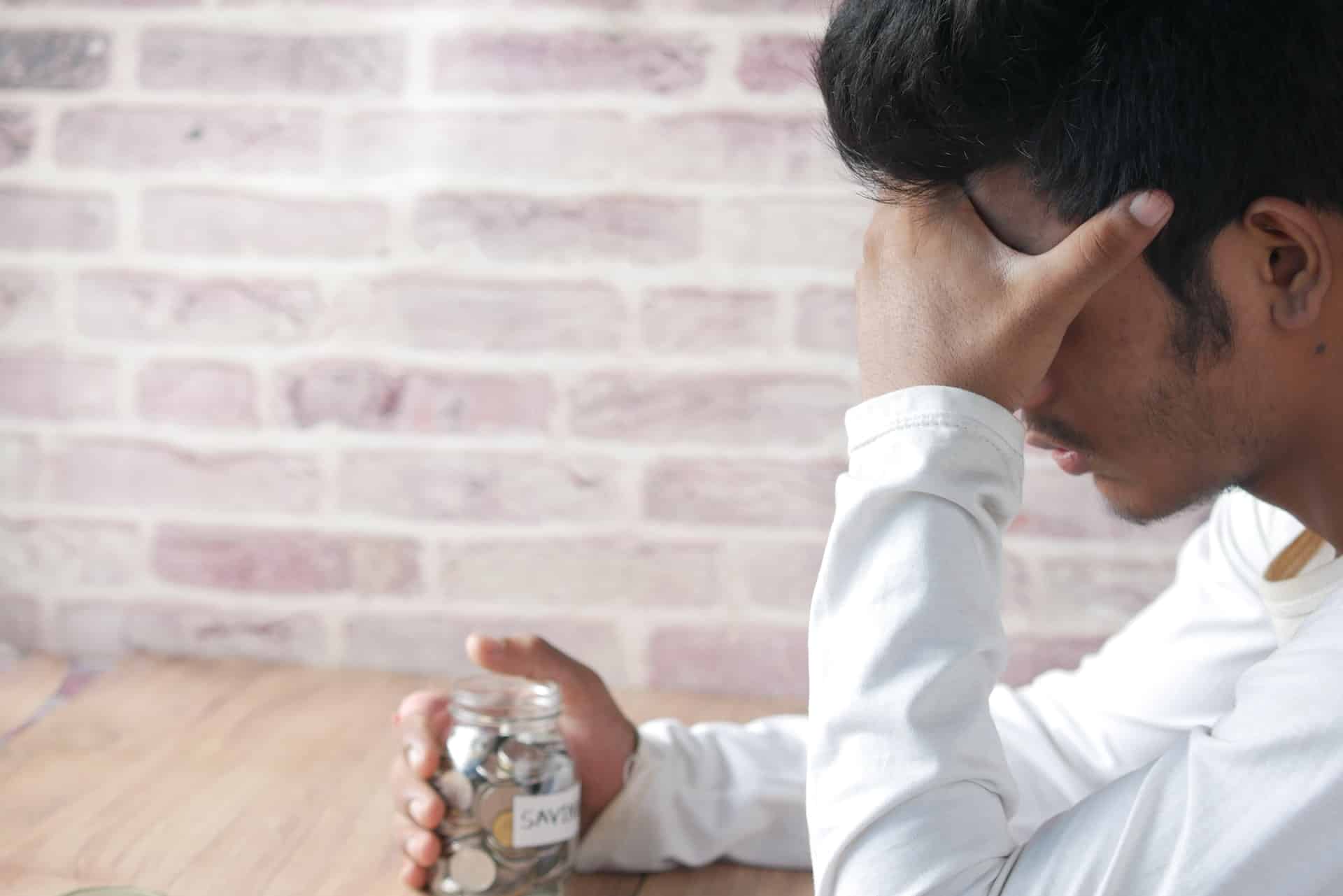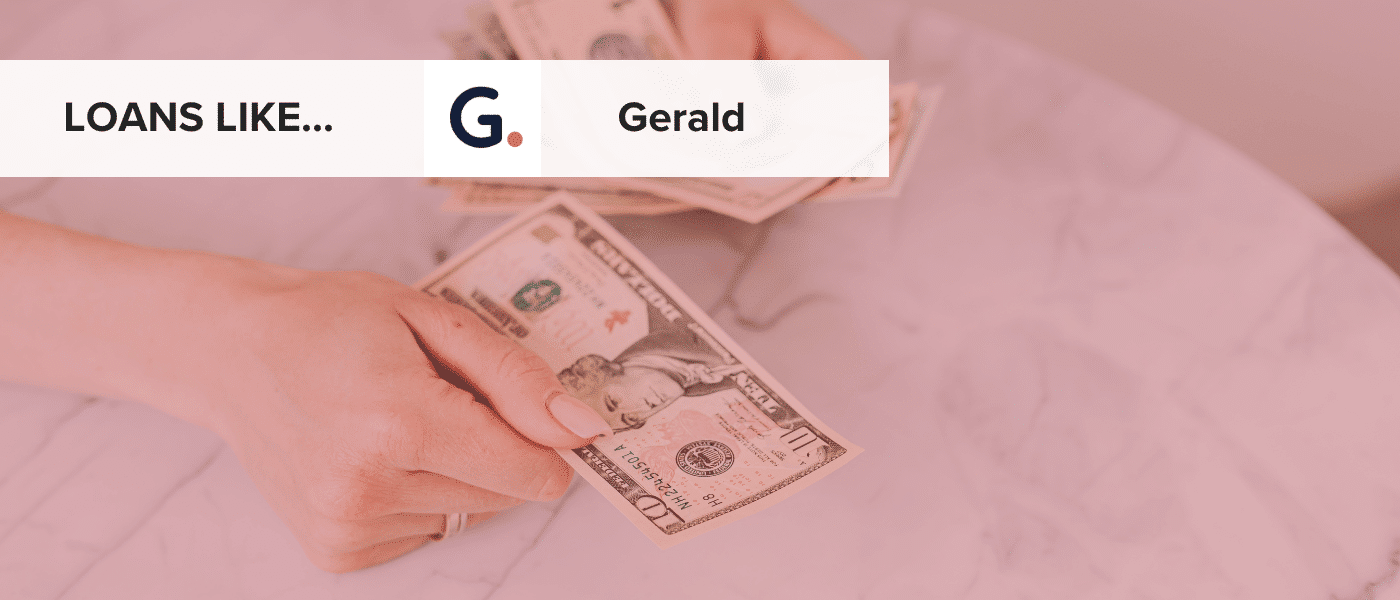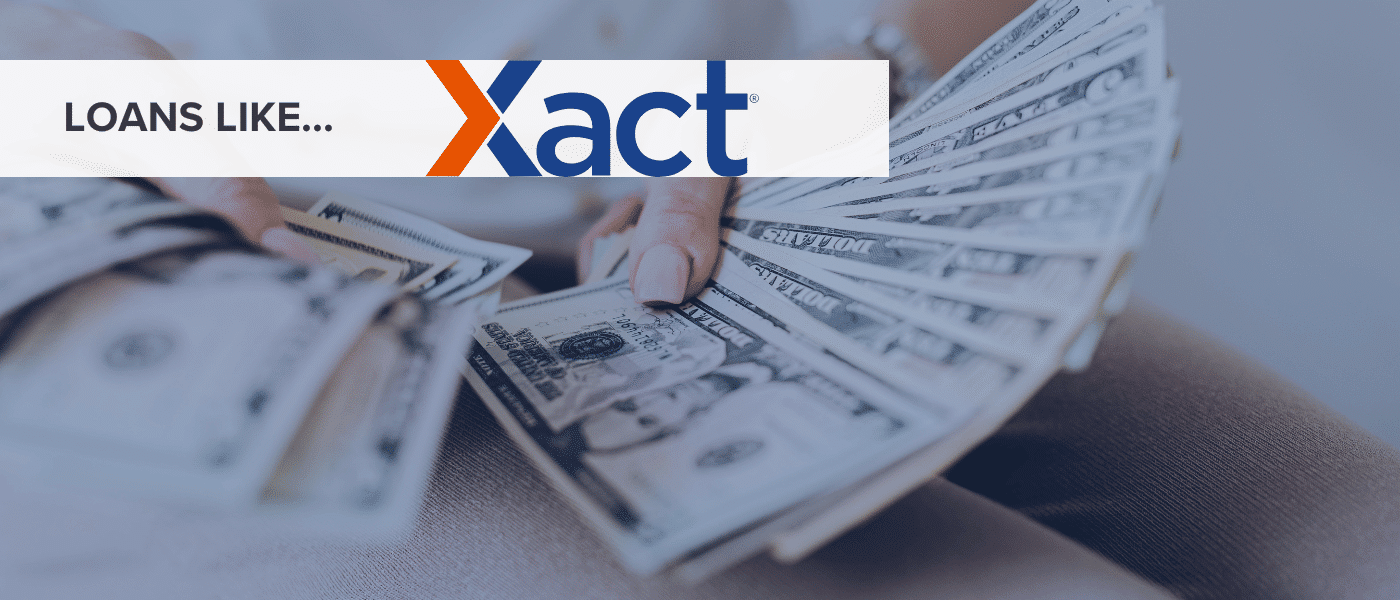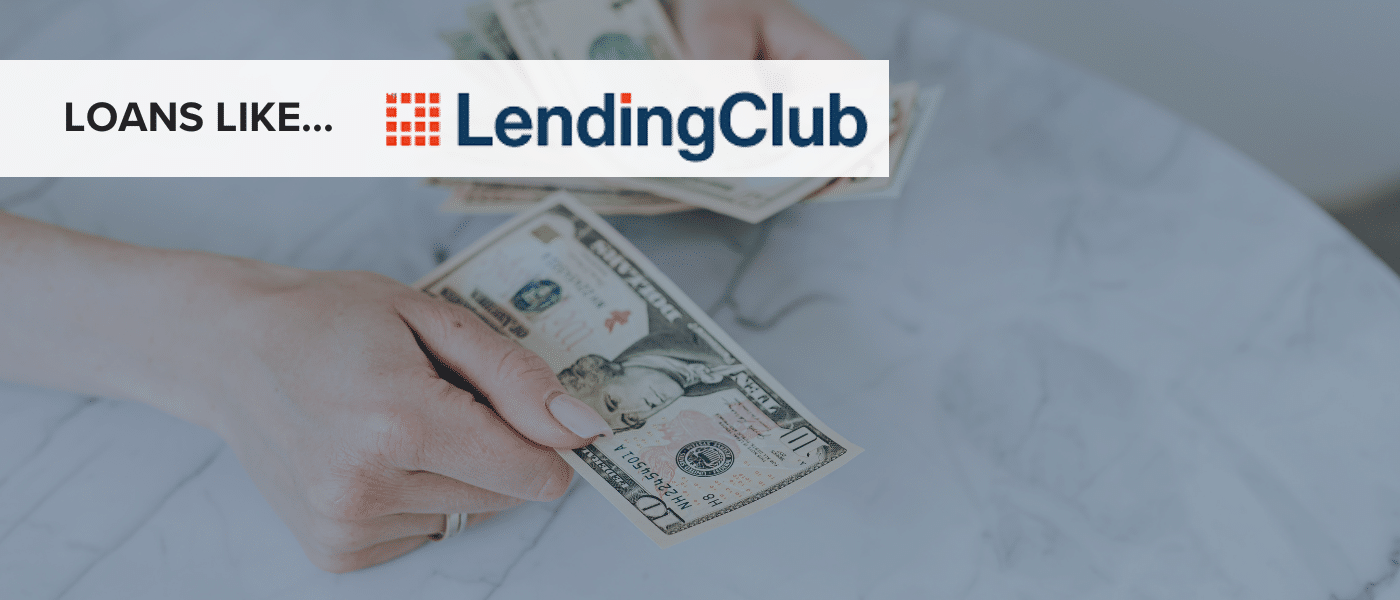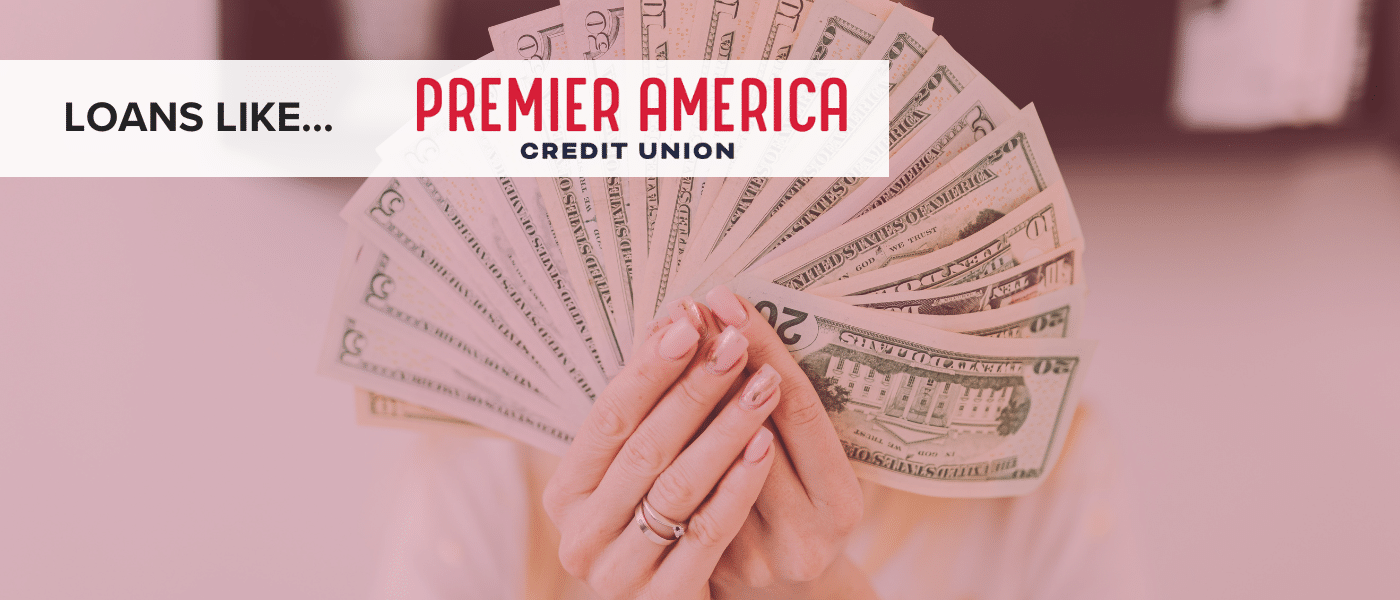Are you worried because your overdrawn bank account went to collections? A negative balance in checking accounts can cause a great deal of stress, especially when you don’t know what to do. If the situation goes unaddressed for too long, you may end up with more than just a negative account balance and some overdraft fees.
If you accidentally took too much money out of your checking account and the delinquent account has gone to collections, it’s time to act now! Learn how you can rectify the issue so your credit score and credit reports won’t suffer as much.
What Happens When I Overdraw From My Bank Account?
When you overdraw from your checking account and have a negative balance, your bank may charge you overdraft fees or an NSF fee, also known as an insufficient funds fee. However, if you replace the negative balance right away (usually within 24 hours), you may not have to deal with an overdraft fee.
Unfortunately, all other account activity may cease if you fail to put money back in your checking account. Any direct deposits or other transactions may be denied if there is not enough money in your account.
When you notice that your account has been overdrawn, you should cease all account activity immediately and stop other transactions from going through if you can. For example, if your account is negative, but you know you have an automatic debit payment coming up, you may want to find another source of income to cover that payment. If not, you risk the payment being denied, which is not good for your credit, or the payment may go through and make your negative balance situation even worse.
What Will Happen if I Don’t Put Money in My Checking Account After an Overdraft?
What happens if you keep a negative balance on your checking accounts? Some consequences of having a negative checking account balance are:
- Inability to make future transactions.
- Risk of other payments being denied or failing to process.
When you notice your checking account is in the negative, you want to fix the problem as soon as possible. If not, you may have to start dealing with debt collection calls and eventually having a collections account set up in your name.
What Is Collections?
If you have a negative balance in your checking account and refuse to add more funds, your bank may take legal action and send your delinquent account to a debt collection agency. A debt collection agency is a type of financial institution that purchases delinquent accounts in an attempt to help the original creditor make back their investment.
Delinquent debt may also result in a Chexsystems report. Chexsystems is a special type of credit reporting agency that collects data on consumers regarding delinquent accounts, bankruptcies, overdrawn accounts, past due payments, and more. Unfortunately, it can take years to get out of Chexsystems. If you have a Chexsystems report, you may find that it consists of information on:
- Accounts that have been closed involuntarily.
- Checks that have bounced or account overdrafts.
- Negative balances for other accounts that have gone unpaid.
- Abuse of financial tools like an ATM, credit card, or checking account.
- How many new credit accounts you have applied for recently.
Checklist for Taking Care of a Collections Account
When an overdraft occurs, it’s best to rectify the issue as quickly as possible. But sometimes, this just isn’t possible. If you have a delinquent checking account that went to collections, here’s what you need to do.
First, do not ignore the collections company when they try to contact you. The collections agent will have vital information about what you need to do to clear your account. When talking to the collections agent, have them review your file to inform you of the delinquent account information they have for you. Confirm that the data they have is legitimate and not fraud related. If it is, a bank or associated financial institution should be able to remove the incorrect information, put funds back in your checking account, close the collections account, and remove all history of it from your financial records.
Next, work with the collections agent to determine a payment plan. They can help you decide if debt consolidation or debt settlement is right for you. The goal is to get a positive balance back on your checking account as soon as possible to have your collections account closed.
If you are completely unable to pay back the debt collector, it may be time to consider bankruptcy. However, make sure there are absolutely no other options available before you do so. Bankruptcy should always be a very last resort since it can have such severe consequences regarding your credit score and credit reports.
How Can Having a Collections Account Affect My Credit Score?
Yes, collections accounts can end up having an effect on your credit report. Before banks send accounts to a debt collection agency, there must first be a period of time when the account holder fails to make an attempt to pay their account. That means negative balances go unaddressed, overdraft fees go unpaid, and the account holder shows no interest in making their account current. This also means there is a history of missed payments, increasing debt, and possibly additional credit inquiries. All of those factors can negatively affect your credit score altogether.
Payment history is the most important factor when it comes to your credit report and credit score. So, if you are trying to raise your credit score or maintain healthy credit, you never want to miss making a due payment. That means paying any overdraft fees on time and not letting them accumulate. In certain situations, you may even be able to work with your bank and have your overdraft fees refunded. Besides payment history, other factors that affect your credit score are credit mix, length of credit history, accumulation of hard credit checks, and how much money you make compared to how much money you owe in debts.
While having a collections account may mean a dip in your credit, when you pay off the collections account, you should see your credit score improve. How long it takes for your credit score to improve after rectifying your negative checking account balance depends on a few factors:
- How long your checking account was negative.
- If you have a history of overdrawing from your financial accounts.
- What your current credit score is (higher scores may take a longer time to recover than lower scores).
How You Can Accidentally Overdraw From Your Checking Account
Sometimes accidental overdrafts happen. When they do, it’s essential to identify the cause right away so you can rectify the issue as soon as possible. Below are a few circumstances that may lead you to overdraw from your checking account.
Pending Transactions
When you make debit card transactions or other purchases, there is a period of time between the actual purchase and when a record of the purchase appears on your account. During this time, the transaction is considered pending. While a transaction is pending, the available credit shown on your credit card or checking account may not be entirely accurate, making it seem like you have more money available than you actually do. Before making any major purchases, double-check your account statements and past transactions to ensure everything is current.
Late Fees or Other Unexpected Fees
If you’ve recently missed a payment on a credit card or loan bill, your lender most likely charged you with a late fee. When you don’t expect these fees, they may, unfortunately, cause your checking account to go negative.
Overspending
Making a habit of spending money without thinking it through can lead to an awful debt cycle and cause you to overdraw from your checking account. If you have a problem with overspending, try creating a budget to help keep you on track. Assess your wants vs. needs and decide what you need to spend money on and what purchases can wait.
How To Prevent Overdrafts From Checking Accounts
It’s best practice to avoid overdrafts in the first place, so they never have a chance to get to collections. Check out some helpful tips about preventing overdrafts below.
Get a Backup Savings Accounts
Prevent your account from going negative by having a backup savings account. That way, if you ever accidentally overspend, you can transfer money from your emergency fund before your bank can charge you an overdraft fee!
Sign Up for Overdraft Protection
Many banks also offer an overdraft protection program. With overdraft protection, a linked savings account is put on file to act as an emergency fund in case you ever accidentally overspend. If this happens, money from the linked account is transferred to your checking account automatically.
Try a Backup Loan To Cover Your Overdrawn Account
Sometimes, accidental overdrafts are unavoidable. But, instead of jumping the gun and hooking yourself with a loan that just causes you to sink further into debt, consider some alternatives. While banks and credit unions may be able to provide quick funding, there is a chance you won’t be approved unless you have ideal credit. Thankfully there are convenient credit builder loan options that allow people with poor credit, no credit, or even past bankruptcy to receive quick and affordable funding.
References:
Matt Mayerle is a Chicago-based Content Manager and writer focused on personal finance topics like budgeting, credit, and the subprime loan industry. Matt has a degree in Public Relations and has been researching and writing about financial literacy and personal finance since 2015, and writing professionally since 2011.
